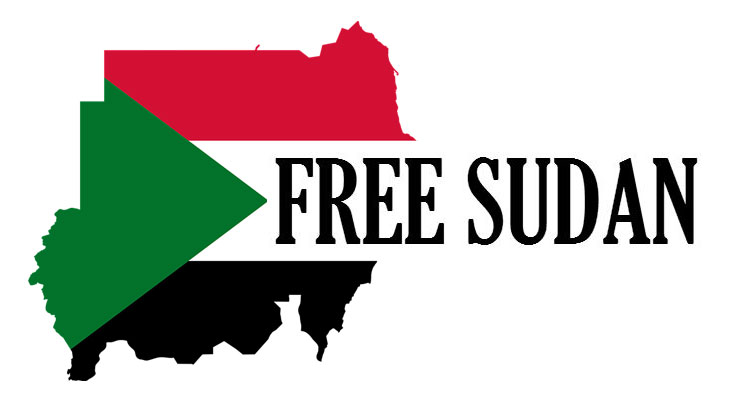
From Voice Of America
Huge crowds joined a sit-in protest outside Sudan’s defense ministry on Thursday to demand that the country’s transitional military council hand power to civilians.
Hundreds of thousands packed the streets by early evening — the largest crowds to gather in the center of the capital since former President Omar al-Bashir was ousted and the military council took over last week.
Protesters chanted “Freedom and revolution are the choice of the people” and “Civilian rule, civilian rule,” and waved national flags.
“We will remain in the street until power is handed to civilian authority,” said 24-year-old protester Samia Abdallah. “We will bring down military rule.”
The council has said it is ready to meet some of the protesters’ demands, including fighting corruption, but has indicated that it would not hand over power to them.
It has said that a transitional period of up to two years will be followed by elections and that it is ready to work with opposition groups to form a civilian government.
“We are completely committed to handing over power within a maximum two years,” one of the members of the council, Lieutenant General Salah Abdelhalek, told state TV on Thursday.
“Perhaps the most difficult issue facing the military council now through its political committee is getting agreement from the political spectrum and the community forces on the naming of a prime minister,” Abdelhak said. “The ball is in their court.”
Economic crisis
The Khartoum sit-in was the culmination of 16 weeks of protests triggered by a worsening economic crisis in Sudan, leading to the ouster and arrest of Bashir after three decades in power.
Sudanese have been struggling with sharp price rises and shortages of cash and basic products.
The central bank has repeatedly devalued the currency since the start of last year, though the pound strengthened against the dollar on the black market Thursday, a change attributed to a lull in import orders amid political uncertainty and expectations of economic aid from the Gulf.
Many analysts blame the country’s economic troubles on economic mismanagement, corruption and the impact of U.S. sanctions, as well as a loss of oil revenue when South Sudan seceded in 2011.
In 2017, the U.S. lifted trade sanctions but kept Sudan on its state sponsors of terrorism list, depriving it of debt relief from international lenders.
On Thursday, the United States expressed its support for a democratic transition in Sudan, saying it was encouraged by the release of political prisoners and the cancellation of a curfew.
It said Washington’s policies toward Sudan would be based on “our assessment of events on the ground and the actions of transitional authorities.”
Leave a Reply